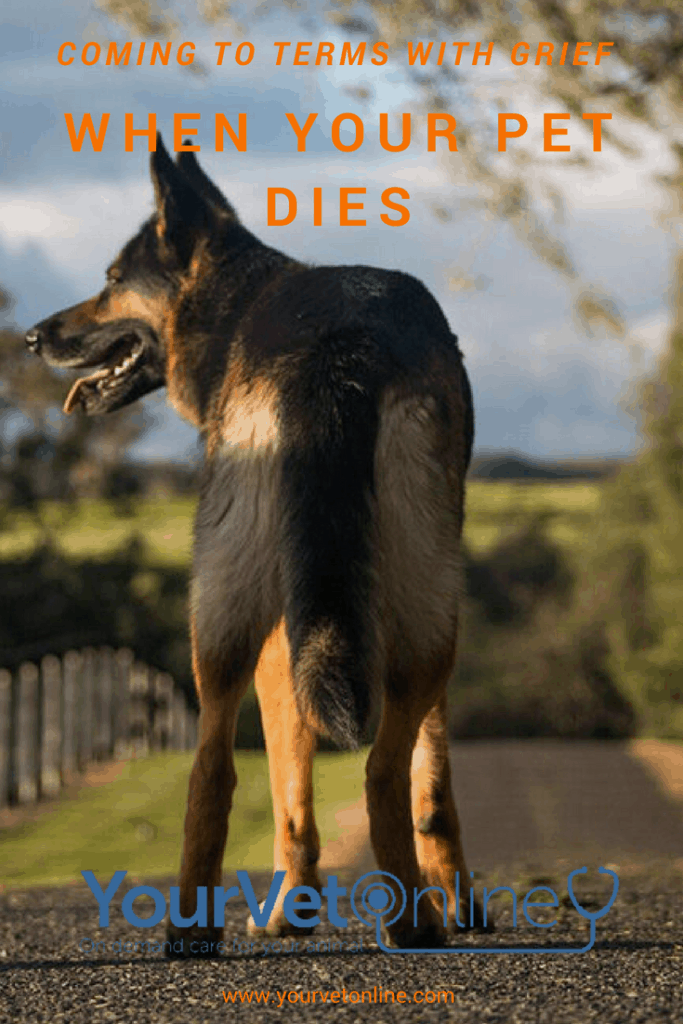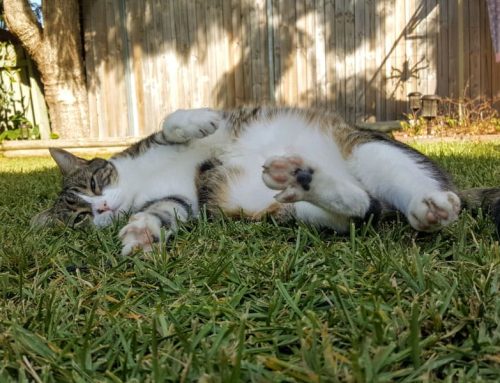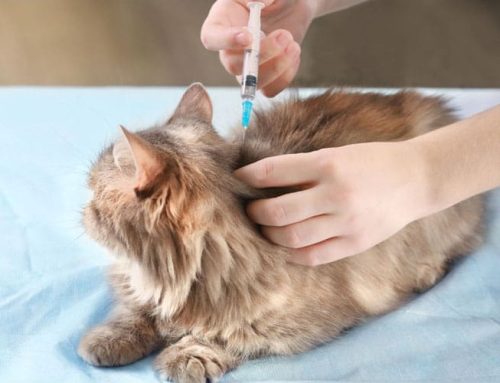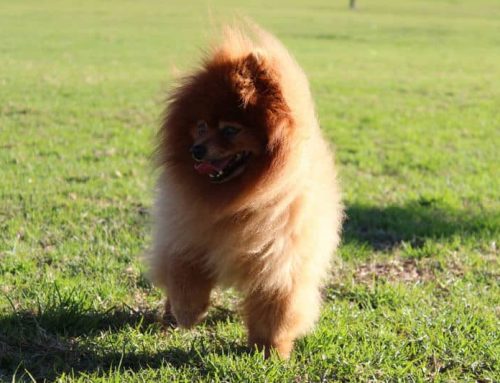How To Handle Grief When An Animal Dies
Our pets are a huge and significant part of family life for many of us.
So when they pass, the grief we feel can be as devastating as that of losing a close member of our human family.
There would be few of us around that haven’t experienced grief of a pet dying. It’s often the first experience of death for a child.
It can be a very vulnerable time for not only the person experiencing the grief but all of those in this person’s life.
How we choose to share and channel our grief can also have long-lasting and potentially devastating consequences on those around us.
For this reason, it’s important to recognise our feelings, be patient and kind to ourselves, and reach out to others that will understand.
Sometimes, we may feel that someone such as a vet is to blame for a pet’s death. In those circumstances there are appropriate channels for complaints.
In this article, we discuss the stages of grief, some suggestions to get you through this difficult time and what to do when you wish to lay a complaint.
There are many emotions that can be associated with an animal dying. We often think of sadness first, but often there are emotions of anger, fear and guilt in the mix.
For many of us, a pet or horse has been a constant in our lives for a very long time.
We share the good times, the tough times, the sad times and that crust from our sandwich.
Our animals often know our deepest and darkest secrets.
When they die, we can be lost.
Tips On How To Cope With Grief
Loss of a pet is overwhelming and painful, but there are ways you can come to terms with your grief.
- Acknowledge your pain.
- Accept that grief can trigger many different and unexpected emotions, be wary that you don’t act out on the negative emotions and hurt others.
- Understand that how you process grief is unique to you. There is no shame.
- Talk to people who care about you about the loss of your pet.
- Take small steps, taking care of yourself physically, going for walks, maybe in a different place can help.
- Recognize the difference between grief and depression.
- Seek medical help if necessary.
The Five Stages Of Grief
There are five stages of grief that we often progress through when we’ve lost a pet. Of course, this doesn’t apply to everyone, and some of us will spend longer in some stages while missing others:
Denial
Anger
Bargaining
Depression
Acceptance
Vets share the experience of grief with their clients on a daily basis.
It’s not something we are taught to handle, I certainly had no formal training, although I think graduates today do receive a small amount of training.
Your Vet And Death Of A Pet Or Horse
For many vets, we are exposed to situations that we wish we could control, yet we are unable to:
– The pet that turns up at a clinic on death’s door. We need to make an immediate decision on what we need to do as any delay means the animal will be suffering inexcusably.
– The animals that have a problem that is very expensive to fix yet is fixable, but the owner doesn’t have the means.
– Animals that are dying due to a completely preventable disease that the owner hasn’t treated.
– The animals who you have formed a relationship with after years of treating and old age has finally caught up.
– The young animal, in the prime of life that is involved in an accident.
All these situations evoke strong emotions. Emotions that we as vets feel too. We suffer sadness and grief too.
Our job means we have to help you to make the hard decisions, and sometimes we need to make those decisions against your wishes or without your input for the benefit of the animal.
It doesn’t happen often, but when it does, it puts a whole new dynamic on the situation. Sometimes that decision involves putting a loved animal to sleep.
Remember vets understand your grief.
Vets don’t judge.
All we ask is that you don’t blame us for the decisions you make.
And that you don’t blame us for decisions we need to make when you aren’t available.
Placing blame on a vet is becoming more prominent and voicing this on social media seems to be a choice that some owners take.
We understand your grief, but please don’t take to social media and condemn us for doing our job, ruining our businesses, and turning the public against vets helps no one, least your animals.
If you see posts on social platforms condemning the actions of vets, think before you add fuel to the fire.
The poster will be grieving, they are angry, they are lashing out with hurt. They aren’t thinking sanely. Your comments and reviews are not helping.
How To Make A Complaint Against A Vet
Vets are a profession that is regulated by an independent board.
Every country and state has a vet board.
They regulate the activity of vets.
This is the best and ONLY way to bring a complaint against a vet.
The vet boards are officiated by people nominated by the public. They are designed to protect the public from the actions of vets, not to protect vets.
Please, please don’t stoop to social media. Have a thought about the lives of the vets you are affecting.






Leave A Comment